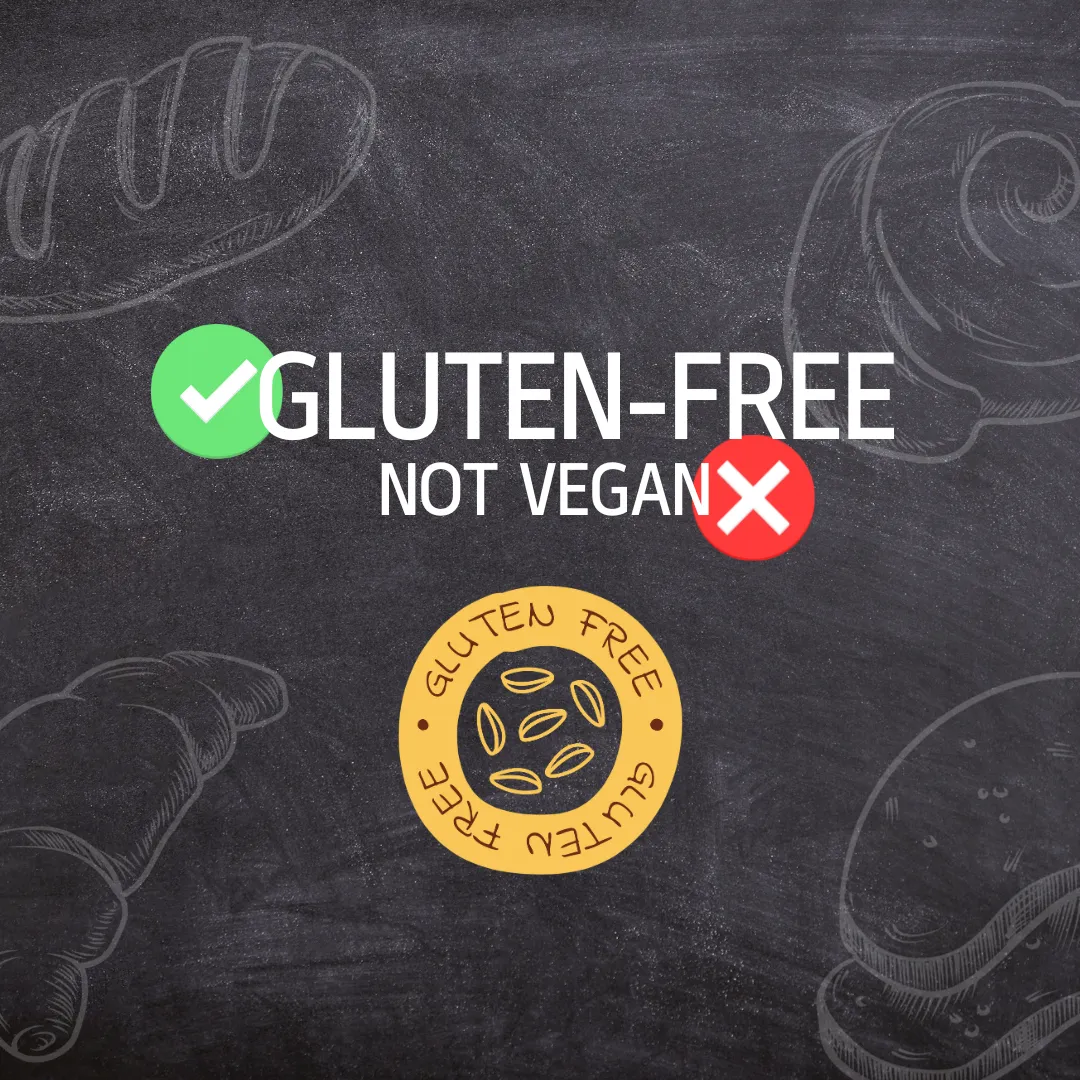Well for Me: Tuning Into Your Health

The Evolution of Restaurant Menus: Embracing Vegan and Gluten-Free Options While Addressing Limitations
“Celiac lifestyle is full of opportunities. Fix your gut, fix your life.”
Introduction:
In recent years, the culinary world has undergone a significant transformation, notably with the integration of vegan and gluten-free options in restaurant menus. This adaptation caters not only to diverse dietary needs but also reflects evolving consumer preferences.
The amalgamation of vegan and gluten-free offerings symbolizes a conscientious effort to accommodate a wide spectrum of dietary requirements. While initially, gluten-free options were linked primarily to addressing intolerances or sensitivities, they are now often paired with vegan selections, indicating a nuanced understanding of shifting consumer demands.

Veganism: Driven by Personal Values
Veganism stands as a lifestyle and dietary choice deeply rooted in personal beliefs and values. For many, it represents an ethical stance against animal exploitation and cruelty. Individuals adopt a vegan lifestyle for reasons spanning environmental concerns, animal welfare, and health considerations. It extends beyond food choices to encompass various facets of daily living, from clothing to product consumption.
Restaurants embracing vegan options not only cater to a dietary preference but also acknowledge and respect the ethical convictions of their clientele. This shift reflects a willingness to provide choices aligned with customers' personal beliefs, aiming for inclusivity while broadening their customer base.
Gluten-Free: A Vital Response to Intolerance
Conversely, the gluten-free diet primarily addresses a medical necessity rather than a philosophical choice. Celiac disease, an autoimmune disorder triggered by gluten ingestion (found in wheat, barley, and rye), necessitates a gluten-free diet for affected individuals. Consuming gluten can lead to various health issues, including digestive problems and nutrient malabsorption.
The integration of gluten-free options in restaurant menus caters directly to this specific dietary requirement, ensuring individuals with gluten intolerance can dine safely without compromising their health. This inclusionary approach emphasizes accessibility and consideration for customers' well-being, transcending mere culinary trends.
Limitations for Some: The Impact on Choices
However, amid this shift towards amalgamating vegan and gluten-free offerings, certain individuals with gluten intolerance might face limited options when dining out. Some of these individuals might rely on animal products for their dietary needs while avoiding gluten. The surge in catering to the vegan trend might inadvertently limit their choices, as many vegan options also exclude animal-based ingredients.
As restaurants increasingly pivot towards combining vegan and gluten-free offerings, it's essential to consider those who require gluten-free options but also rely on animal products due to their dietary needs or preferences. Striking a balance by providing diverse choices that encompass both dietary requirements can ensure inclusivity and cater to a broader spectrum of customers.
In conclusion, the evolution of restaurant menus to incorporate vegan and gluten-free options showcases a comprehensive approach to diverse dietary needs. While veganism remains grounded in personal values, gluten-free offerings predominantly address medical necessities. Acknowledging the limitations faced by individuals with gluten intolerance who rely on animal products emphasizes the importance of offering varied choices, ensuring inclusivity, culinary innovation, and customer well-being in today's gastronomic landscape.
Get a Gluten-Free (non-vegan) Recipe
Orange Chicken
2 Servings; 20 Minutes


Stay Connected
Get resources, motivation, and guided activities delivered to your inbox:

